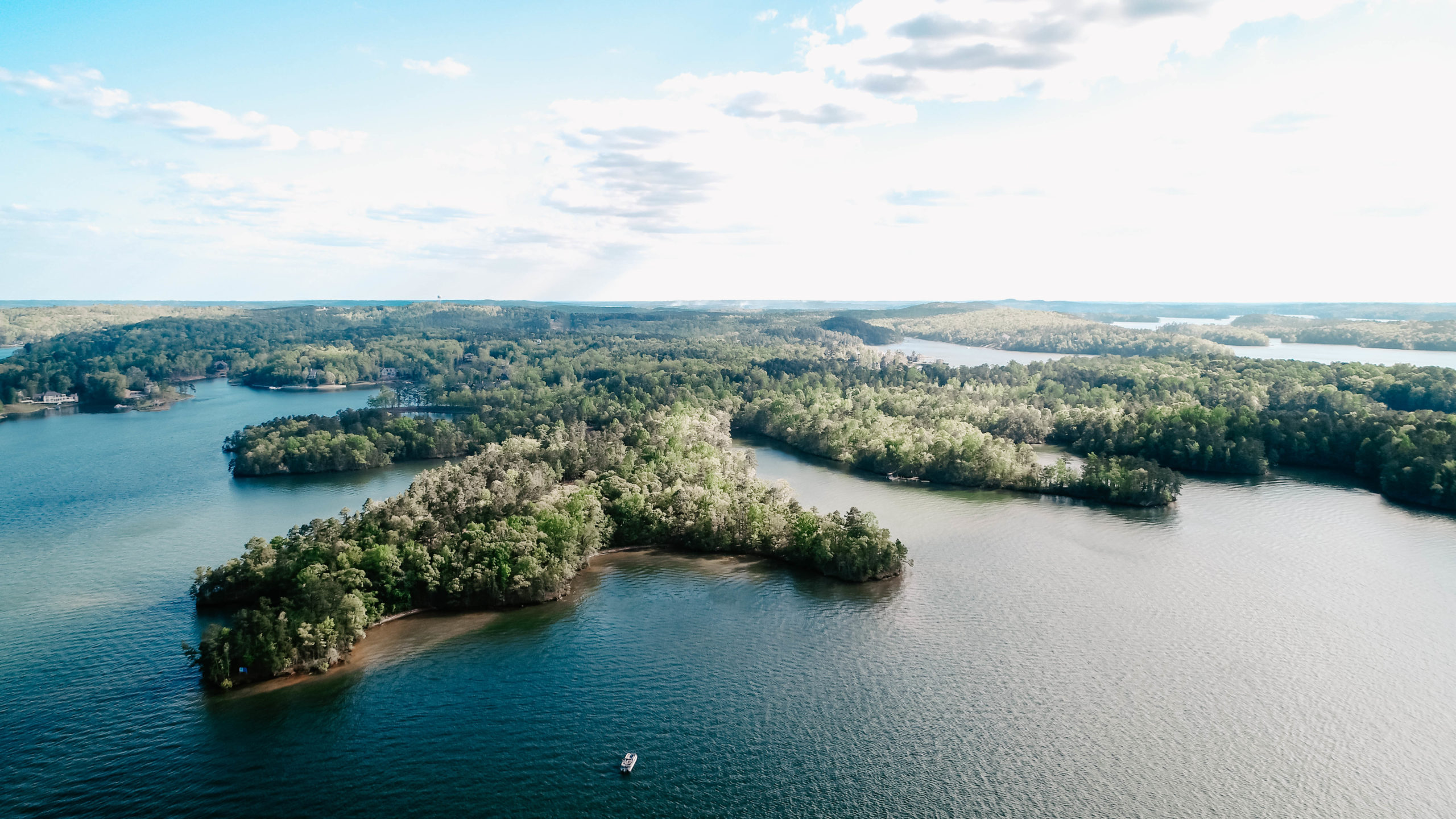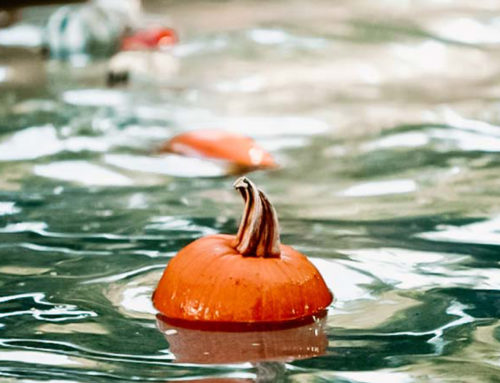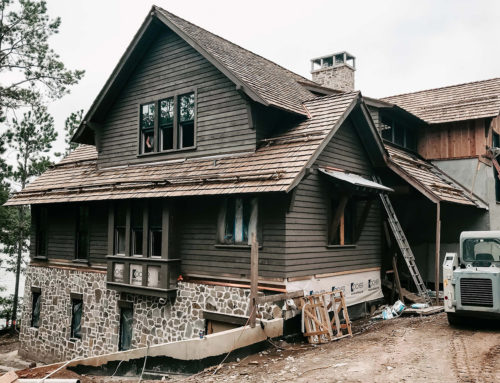
With the long holiday weekend coming up, many families will be enjoying their extra day off at the lake. As fun as lake days are, it’s still important to be aware and educate yourself on lake safety. Today, we’ve rounded up some great safety tips to help you have the best possible Memorial Day weekend!
Pool and Water Safety
- Anywhere there is water, there is a danger of drowning—never swim alone!
- Drowning usually occurs very quickly and silently.
- An adult must always watch children closely—this means no reading, talking on the phone, or texting!
- An adult should be within an arm’s reach away from infants, toddlers and weaker swimmers.
- When on a boat and in open water, all individuals should wear a life jacket, particularly children.
- The area around the pool can be slippery—never run, always walk.
- Enter shallow water feet first—it is never ok to dive into water less than 9 feet deep.Sun Safety
- The sun is strongest between 10 a.m.-2 p.m. Limit the amount of time spent outside during these hours.
- Apply sunscreen with an SPF of at least 15, 30 minutes before going outside—reapply every 2 hours and after swimming or sweating.
- Two or more sunburns before the age of 18 doubles one’s risk of later developing melanoma.
Barbecue and Fire Safety
- Keep grills at least 10 feet from other objects, including the house and bushes.
- Keep children away from the grill and never leave it unattended.
- Never use the grill inside a home or garage.
- Store propane tanks in the garage, not in the house!
- Most fires are started by children when they are left alone or unsupervised.
- Fireworks that cause the most injuries are firecrackers, sparklers and bottle rockets.
- Never allow children to play with fireworks, even sparklers, as these can reach 2000 degrees!
Life Jackets
Wearable life jackets for everyone on board. They must be:
- U.S. Coast Guard-approved.
- Sized to fit and in good condition (no rips, tears or missing parts).
- Accessible (not stored in a locker or closed compartment).
- Worn by children under 8 years old.
- Worn by anyone on a personal watercraft or being towed on skis/tube
- Worn by anyone within 800 feet below a hydroelectric dam or navigational lock or dam.
Fire Extinguishers
U.S. Coast Guard-approved extinguishers are required for boats with:
- Inboard or inboard/outboard motors.
- Enclosed or permanently mounted gas tanks.
- Closed or semi-closed cabins or sleeping quarters.
- Any other fuel-consuming device such as a lantern or stove.
Additionally:
- A Type IV U.S. Coast Guard-approved throwable device for boats 16 feet and longer.
- Sound-producing devices such as a whistles, horns or bells are required for all boats longer than 16 feet.
- Emergency lanyard-type shutoff switches that are attached to the operator are required for all boats less than 24 feet in length and more than 50 horsepower with an open cockpit.
- Boats operating between sunset and sunrise or in low visibility must have navigation lights.
- Flares (3 day, 3 night or 3 combination type) if boating on coastal waters.
- Trash receptacle: all vessels including personal watercraft must have a container or storage compartment for the proper disposal of trash, garbage or plastics. These containers or storage compartments must be placed so that waste, trash or plastics cannot be inadvertently blown overboard.
Storms come up quickly on the water this time of year, so keep an eye to the sky. Watch for changes in temperature and shifts in wind patterns.
Also, practice courtesy. Many problems on the water can be solved by observing simple courtesies. As a courtesy to other boaters, each operator should make an effort to keep his wake to a minimum, especially in narrow and congested areas.
Above all, don’t drink and operate a boat. Each year, innocent people are injured or killed in alcohol-related accidents on Alabama’s waterways. In the past five years, almost one-quarter (23 percent) of all boating deaths were alcohol-related. Remember, the alcohol laws that apply on highways also apply on the waterways. If you have alcohol on the boat, make sure to have a designated operator.
Warm-weather boating and fishing are activities enjoyed by many people in Alabama, but what starts out as a pleasurable activity can quickly end in ruins if you encounter uncourteous boaters or your safety equipment doesn’t work right. Taking time now to become an informed, courteous boater will save you a lot of headaches later and allow you to enjoy the beauty of Alabama waterways.
This information was provided by Shorelines. For more great lake information including lake Levels and great fishing spots, visit APCShorlines.com

















